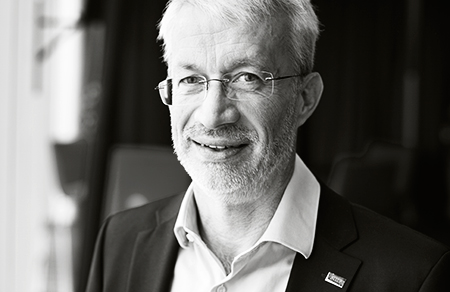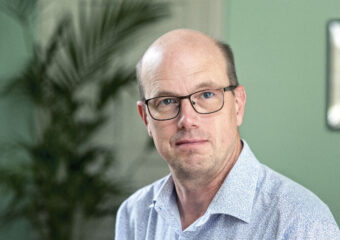Academic freedom increasingly restricted
At the SULF Congress a year ago our vision, Research in the service of humanity – Higher education for a sustainable future, described how the education sector would look in 2030 if the majority of SULF members could make the decisions. Work is now underway to try to realise this. In our vision, we emphasise the freedom to search for new knowledge and academic freedom in accordance with the Magna Carta that university managements have signed and say that they comply with. This agreement should include not only research but also education. Doctoral candidates, researchers and teachers should be free to choose research problems and publish their results without fear of reprisal.

The free search for knowledge requires university teachers and researchers to be unfettered. These freedoms many of us take for granted, especially since it has traditionally been so and is regulated in Swedish legislation and the Higher Education Ordinance. Freedoms are also enshrined in international treaties and recommendations such as the UNESCO Recommendation Concerning the Status of Higher-Education Teaching Personnel from 1997 which emphasises the right to academic freedom and institutional autonomy, but also that this institutional autonomy may not be used to limit individual researcher/teacher’s academic freedom.
Unfortunately, we see that the individual teacher and researcher’s ability to exercise these important freedoms are increasingly circumscribed by the development of a marked economism and bureaucracy at our universities with new, complicated rules and procedures that we teachers and researchers are expected to learn and master. We carry a greater administrative burden as a result of distrust of the academic profession. This is a move in exactly the opposite direction to that stated by the current government when the Prime Minister used the rallying cry “Let the professionals be professional.” The government has recently set up a “trust delegation” to try to pursue these issues with a view to including teaching and healthcare professions.
Currently, SULF cannot identify any practical government policies that are capable of stemming the current negative trend towards the de-professionalisation of the teaching and research professions that we increasingly experience in the higher education sector.
In the same government statement, the Prime Minister promised that universities would receive higher basic grants. Instead, the Budget Bill contains a smaller proportion of basic grants and an increase in external research funding, contrary to what SULF and many others in the field believe to be beneficial, and especially necessary to strengthen freedom in research. The freedom to choose research problems is now also increasingly inhibited because researchers do not get their research applications endorsed by their managers as projects are not considered within the university’s “strategic priority areas”.
The outside world imposes increasing demands on universities that they, like companies, prioritise and distinguish themselves with a profile. This mindset also finds expression in the different actors, such as the Confederation of Swedish Enterprise’s Research Committee which argues that employee influence on who is hired as university President must be reduced.
SULF is working hard to stop this continued negative trend towards increased bureaucracy, economism, de-professionalisation and restrictions on the freedoms essential to academic work, otherwise we will soon no longer be acting in the service of humanity!
Mats Ericson, Chair of SULF
